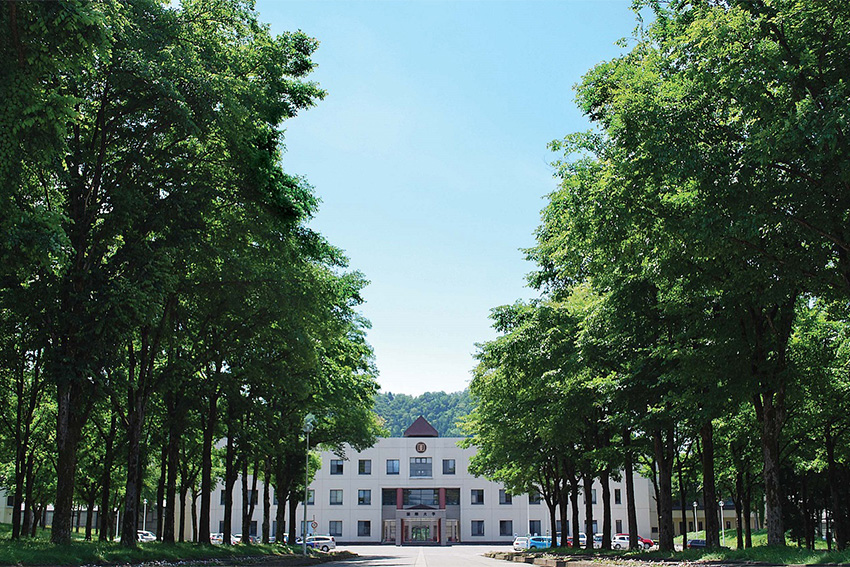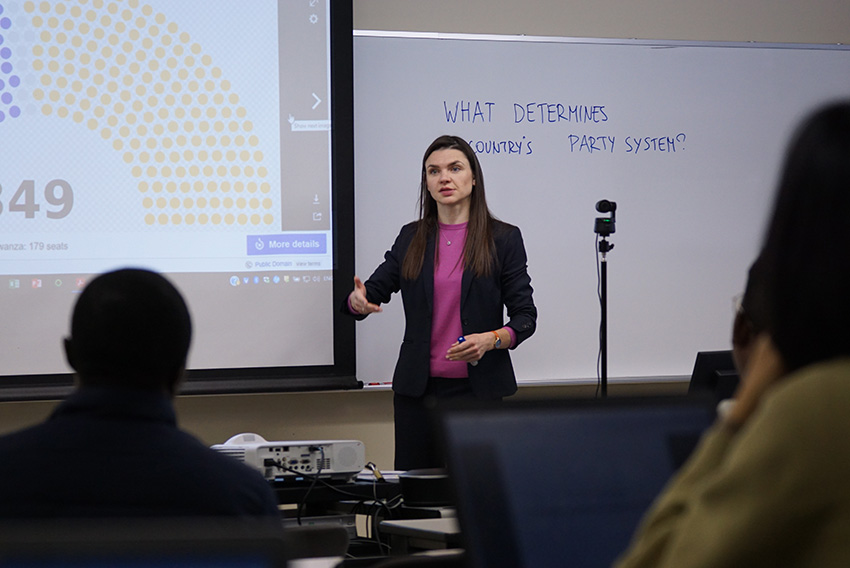

The International University of Japan’s portfolio offers graduate programs in International Relations and International Management whilst expanding into the digital transformation realm.

Established in 1982, the International University of Japan has become a multicultural hub for students to collaborate and innovate. Located in Niigata, the university campus offers students a unique backdrop of traditional scenery including rice fields and mountains.
Since its foundation, the university has been steadily growing with over 5,000 alumni and launching programs in both its Graduate School of International Relations and Graduate School of International Management. As well as offering traditional management programs such as MBAs, the university is expanding into the digital sphere, having recently launched its Digital Transformation program in 2021. Takeo Kikkawa, President of the International University of Japan, notes that the launch of the Digital Transformation program allowed the university to expand its pool of students by “gathering students from countries like India and the Philippines, where they are interested in learning in Japan and then staying in Japan for work.”

Active learning environment at IUJ
Such an expansion is made possible as the university is one of the few in Japan that offers programs in English. Due to this, Mr. Kikkawa explains that “the biggest asset of our graduate school is the diversity, with 90% of students coming from 68 different countries.” Not only are the students from a diverse background but so is the faculty, with over half of its 40 members from overseas. The university is also making great progress in creating a gender-diverse environment, having achieved a male-to-female ratio of around 55% male and 45% female students.
Mr. Kikkawa believes that diversity is the university’s biggest asset, citing the important role the university plays as a hub for multinational students – a principle the university prides itself in with its motto: “Create a space for the world to collaborate together”. The university facilitates this in various ways such as with the establishment of its IUJ Research Institute in 1997, bringing together four existing research institutes – the Center for Japan-U.S. Relations, The Institute for Middle Eastern Studies, The Research Institute for Asian Development, and the International Management Research Institute – by creating a space for collaboration on challenges faced by modern Japanese society as well as society on a global scale. Additionally, the university works with European and Asian universities to provide exchanges as well as working with partners including the Japan International Cooperation Agency (JICA) offering scholarships to encourage overseas students to study at the university. When discussing what the future holds, Mr. Kikkawa outlines a collaboration with JICA to launch new programs under a new department focused on climate change.
To hear more from President Takeo Kikkawa of The International University of Japan, check out this interview with him
0 COMMENTS